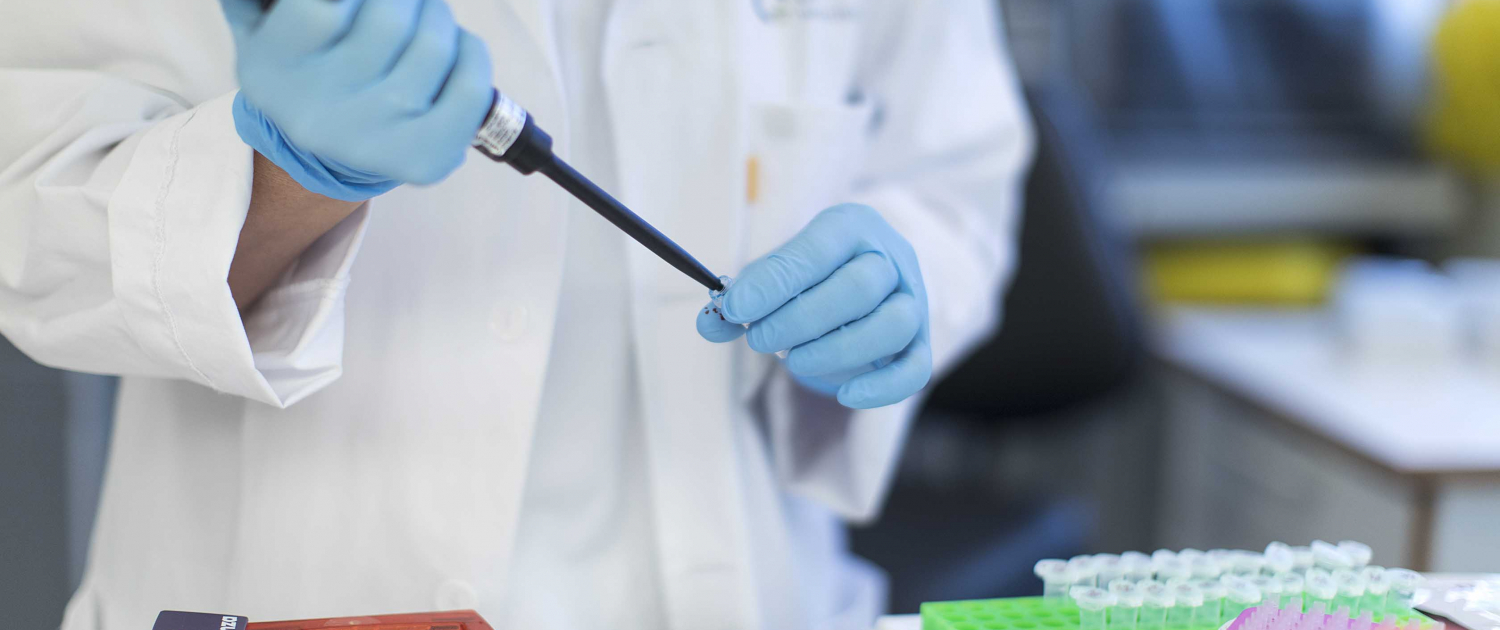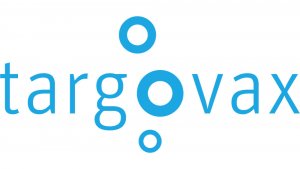News from our members

There have been several exciting developments from our members over the last week. Here are three condensed news from the Norwegian biopharma sphere that we wish to highlight.
Promising combination treatment
Our member Targovax, a Norwegian immuno-oncology company, has announced some encouraging data from one of their clinical studies.
The study is directed towards patients with mesothelioma, a type of cancer that develops in the thin layer of tissue that covers many of the internal organs, for example the lining of the lungs or chest wall.
The patients are given a combination treatment consisting of Targovax’s own oncolytic virus called “ONCOS-102” and the standard of care: chemotherapy.
The preliminary data show a numerical advantage in progression-free survival for the patients that have received ONCOS-102. There has also been a robust immune activation in the experimental group. It has also been shown that the combination treatment is well tolerated by the patients.
Targovax are now in ongoing discussions with a pharmaceutical company about a prospective partnership in order to launch a checkpoint inhibitor combination study.
View the entire press release from Targovax
US patent for Norwegian cancer technology
Our member PCI Biotech, a Norwegian biopharmaceutical company, has secured a US patent for one of their cancer treatment technologies.
The treatment is called “fimaVACC” and is based on a type of light technology invented here in Norway at the Norwegian Radium Hospital.
The technology helps to transport cancer medicine more effectively to the targeted cancer cells. In this case, the technology enhances the effect of other cancer vaccines.
The US patent is for the use of fimaVACC together with cytokines, a small protein that is involved in cell signalling that regulates the immune responses.
The combination treatment has shown to be effective when enhancing the immune responses in cancer patients to fight off cancer.
Per Walday, CEO of PCI Biotech, said: “There are many vaccines under development utilising cytokines to elicit immune responses. The US patent granted today is important for PCI Biotech’s development strategy, as it supplements our ability to generate an internal future vaccine pipeline, in addition to bringing value for the fimaVACC technology in partnering efforts.”
View the entire press release from PCI Biotech
New results from clinical study
Our member BerGenBio, a Norwegian biopharmaceutical company, has given an update on one of their phase II clinical trials.
The phase II trial aims to determine the clinical efficacy of one of the drugs BerGenBio has developed, namely “bemcentinib”.
Bemcentinib is an AXL inhibitor, a novel type of cancer therapeutic agent.
BerGenBio can now show that the first stage clinical efficacy endpoint has been met.
The clinical trial is evaluating a combination treatment, consisting of bemcentinib and the immunotherapy drug Keytruda.
The patients who have been treated in this trial all have non-small cell lung cancer (NSCLC) and have previously failed checkpoint inhibitor therapy.
Richard Godfrey, Chief Executive Officer of BerGenBio, said: “Reversing resistance to immune checkpoint inhibitors in patients who have relapsed on immunotherapy is a highly desirable alternative to the second-line chemotherapy standard-of-care. We are very excited with these early results in this challenging setting and look forward to expanding the study to confirm these findings and reporting comprehensive translational insight.”
View the entire press release from BerGenBio







